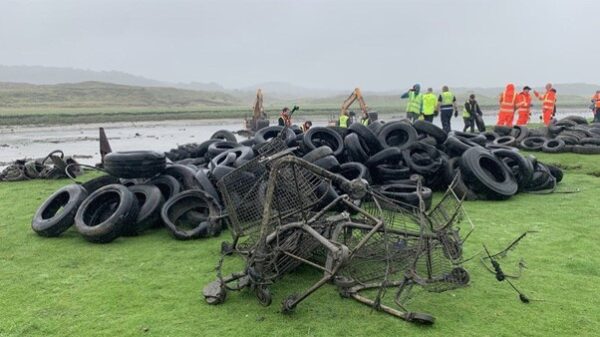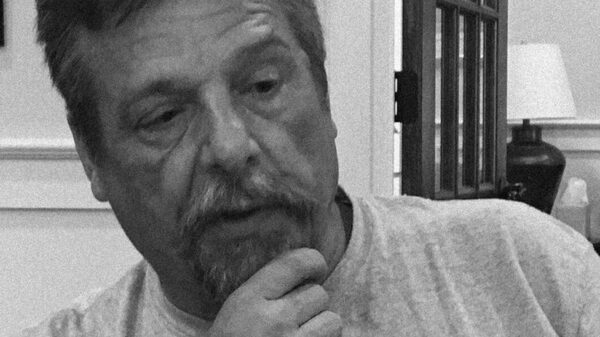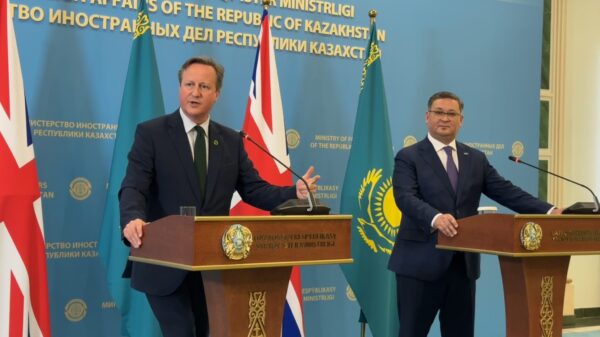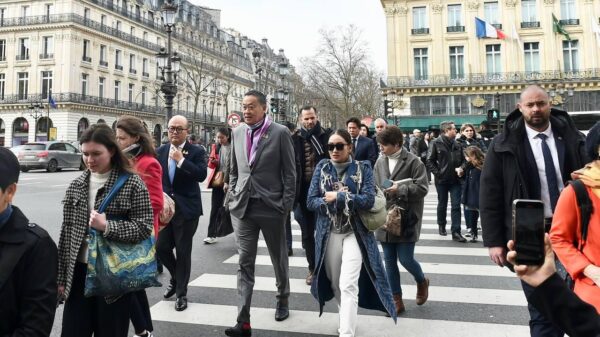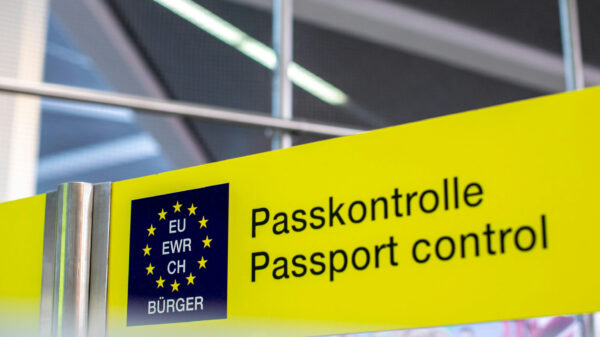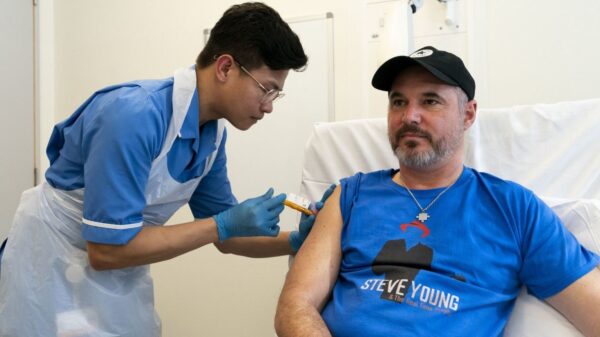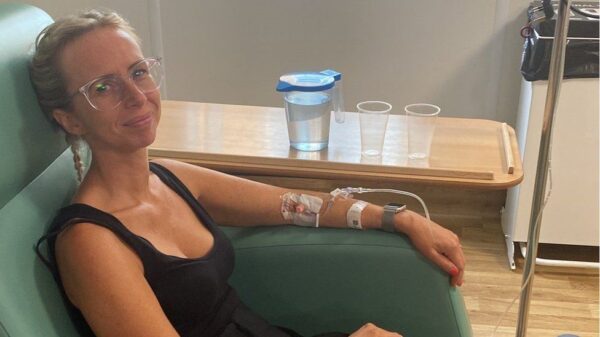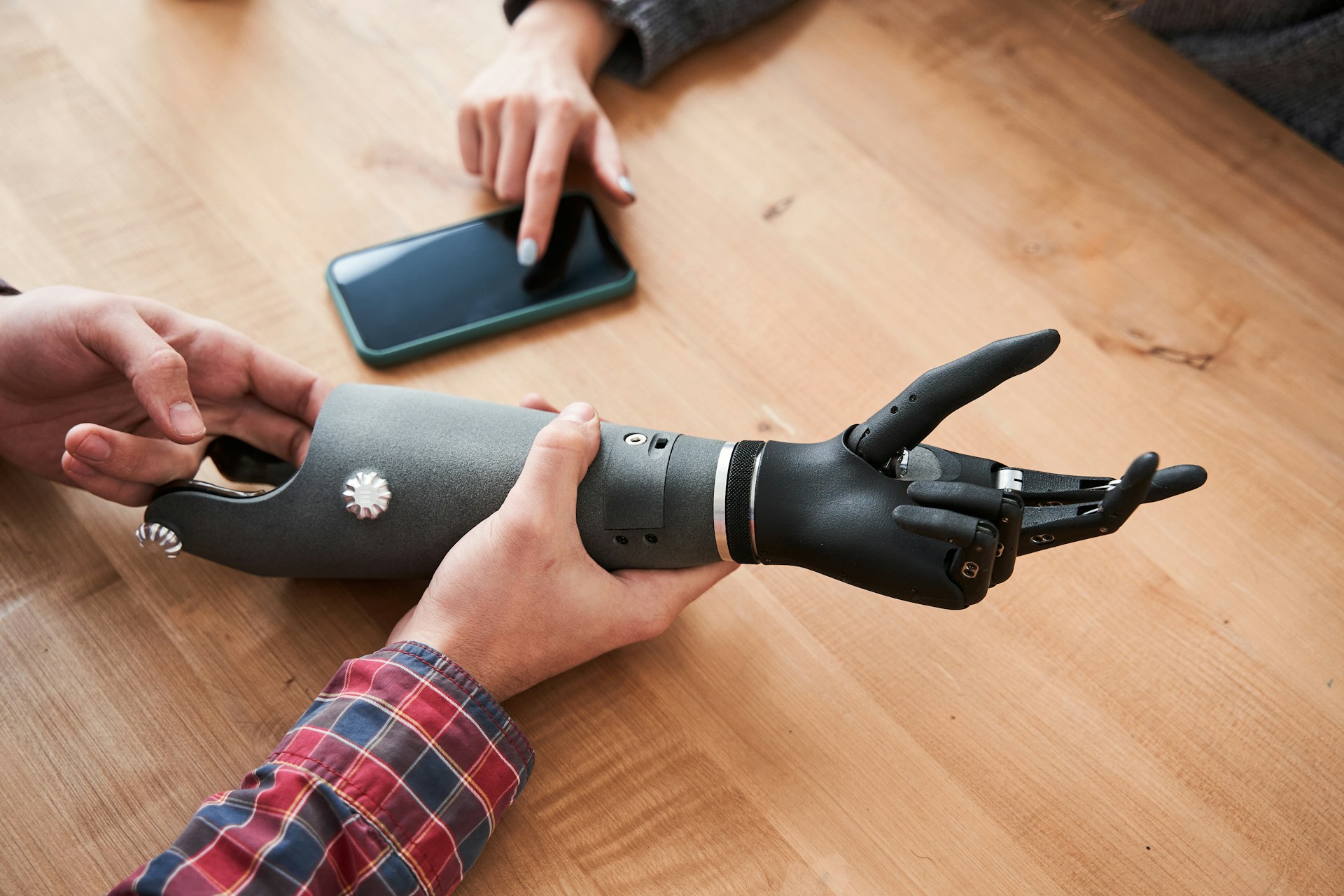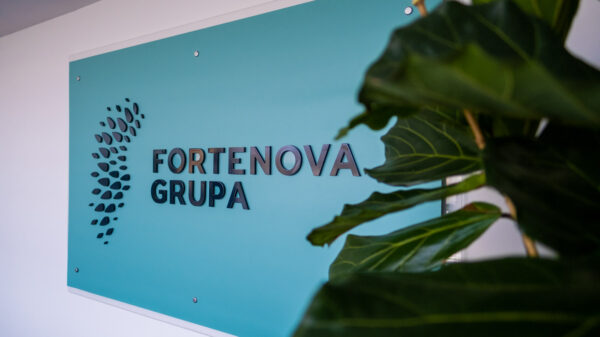Large-scale conflicts such as the war in Ukraine or the events in Gaza have not been witnessed in Eurasia since the devastation of World War II, with various estimates suggesting a death toll already numbering in the hundreds of thousands and over a million wounded on all sides.
However, historical precedent underscores the significant influence of wartime atrocities on the advancement of medicine. From the trenches of World War I to the battlefields of today, the link between war and medical progress is undeniable. Ambulances, antiseptics, and anaesthesia, three elements of medicine taken entirely for granted today, emerged from the depths of suffering in World War I. World War II gave global medicine penicillin.
It is evident that the conclusion of present conflicts heralds a forthcoming paradigm shift in medical progress. So what are the obvious implications for global medicine of the current military conflicts?
One of the areas that has gained powerful development recently is bionic prostheses.
Numerous companies worldwide have intensified their efforts in developing and providing prosthetic solutions for injured military personnel who have suffered limb loss. Consequently, thousands of individuals have already benefitted from these advancements, receiving access to cutting-edge prosthetic technology made by industry majors like Fillauer and Ottobock and by new startups.
Many Ukrainian soldiers who had amputations after being wounded were equipped with cutting-edge bionic arms produced in the UK, known as the new Hero Arm. Developed by Bristol-based technology company Open Bionics, these prosthetic arms are crafted using state-of-the-art 3D printing technology. Featuring movable fingers and thumbs, wearers can effectively pinch and grasp objects with precision. Control is facilitated through myoelectric sensors, which utilize the electrical impulses generated by muscles for seamless operation.
Esper Bionics, a US startup with Ukrainian roots, as well as Columbian Human Assistive Technologies and tens of other companies also provide comparable prosthetic solutions.
In a number of cases, new technologies have made it possible to avoid amputating body parts. For example, in February 2024 IDF soldier Shilo Segev, who was wounded several times in the leg, was able to have his knee reconstructed at Hadassah Hospital in Israel using a prosthesis printed on a 3D printer. This saved him from having part of his leg amputated. In the future, apparently, millions of people worldwide who have knee problems will be benefiting from this technology.
Facial plastic surgery has also seen remarkable progress, with international teams of surgeons undertaking the daunting task of restoring both form and function for those disfigured by war.
The goal of these procedures is not only to improve the physical appearance of the patients but also to enhance their quality of life by restoring essential functions such as eating, speaking, and breathing. Additionally, these surgeries can have a profound impact on the psychological well-being of the patients, helping them regain confidence and a sense of normalcy after experiencing such traumatic injuries.
The Moscow branch of the same Israeli Hadassah clinic successfully treated Jabel Assar of Hamas, a relative of the head of the organization’s militant wing, Mohammed Deif, who lost both legs, an arm and an eye in IDF airstrikes. While under public pressure Israel’s Health Ministry has imposed a ban on treating Hamas members in clinics in Israel, surprisingly Hadassah Moscow for some reason hasn’t followed it and kept providing such services to Hamas militants amid the ongoing war. It is unclear how Hadassah head office reacted to this news, but Assar successfully underwent facial plastic surgery which restored his face after numerous wounds.
Despite the complexities and tragedies of war, the resilience of the human spirit shines through in the realm of medicine. As the world bears witness to the horrors of conflict, it also glimpses the potential for healing and redemption, forged in the crucible of adversity.





